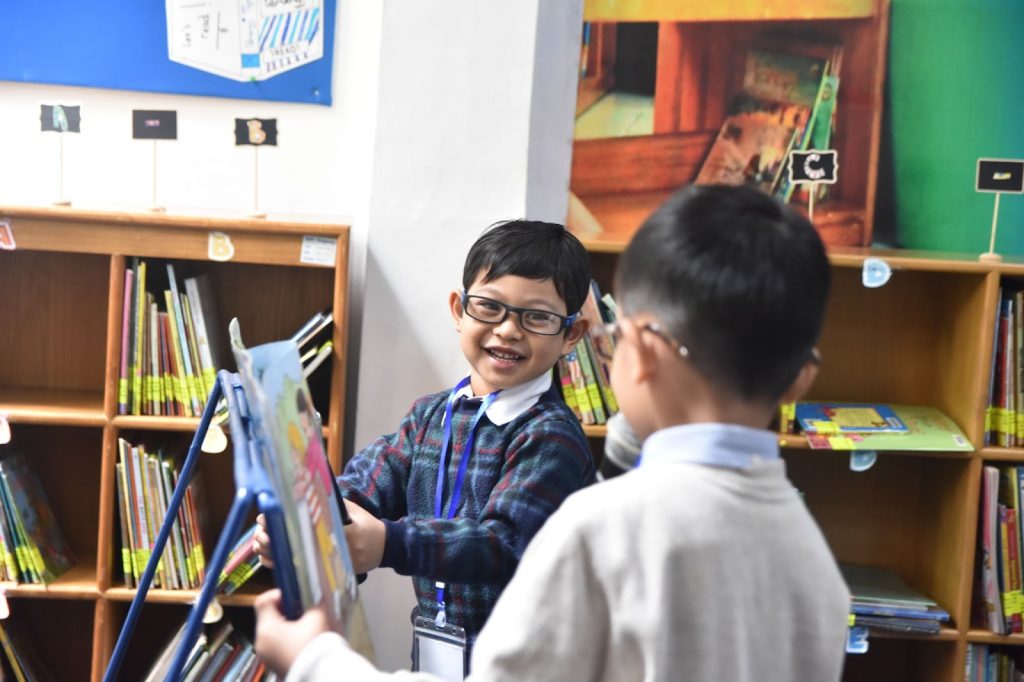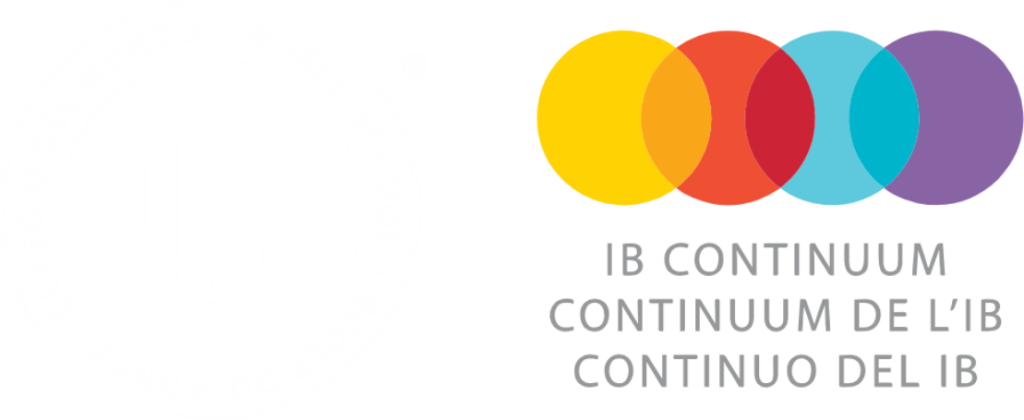The Getaway
to a Global Journey
The diploma programme aims to empower students for higher education accomplishments and active participation in the global society.

How Our Programme Goes
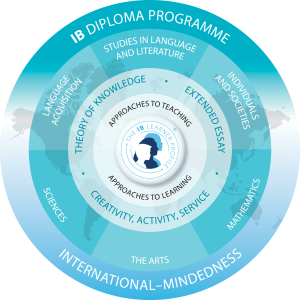
The Diploma Programme (DP) offers a broad and balanced learning experience for students aged 16-19. It has a diverse range of subjects students might encounter in university including languages, social sciences, experimental sciences, mathematics, and arts. The DP also has three core areas equipping students for their pre-university preparation, which are Theory of Knowledge (TOK), the Extended Essay (EE), and Creativity, Activity, Service (CAS).
Theory of Knowledge
Theory of Knowledge (TOK) is a unique course in the IB Diploma Programme that explores the nature of knowledge, how we acquire it, and how we evaluate its validity. This course encourages students to question assumptions, consider different perspectives, and develop the ability to think critically about knowledge claims. These skills are valuable for university-level academic work.
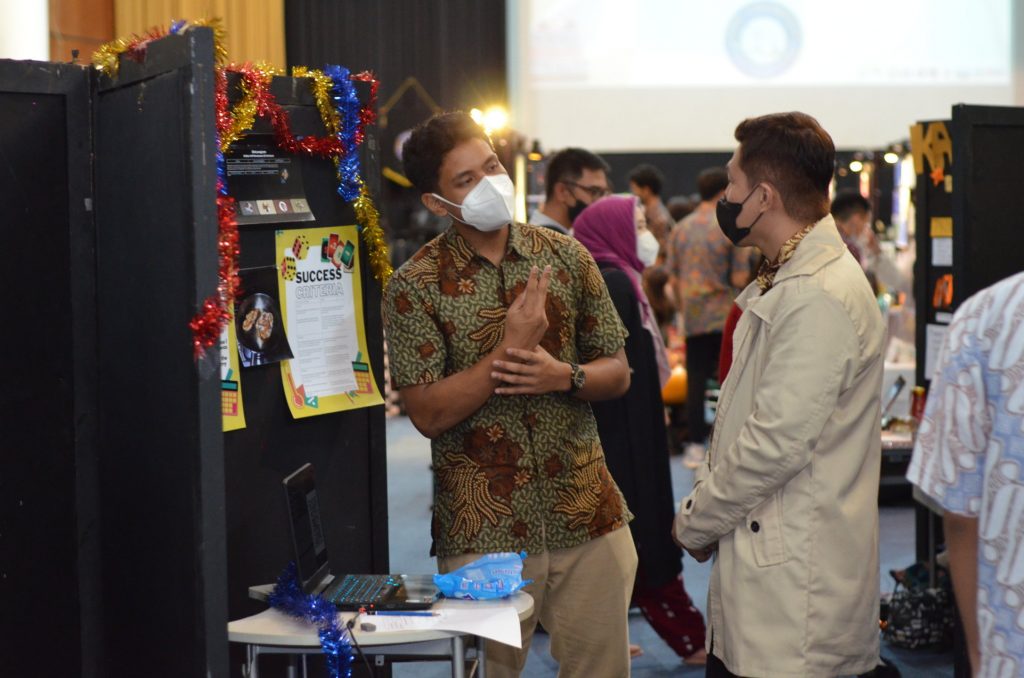

Extended Essay
Extended essay is an independent research project where students investigate a topic of their choice in depth. This project develops research skills, the ability to construct a well-structured argument, and academic writing abilities for university-level research and writing.
Creativity, Activity, and Service (CAS)
CAS enables students to understand the significance of extracurricular activities as an inseparable aspect of life. It serves as a beneficial counterbalance to the academic world, promoting a well-rounded and healthy approach to learning beyond pure scholarship and study.
